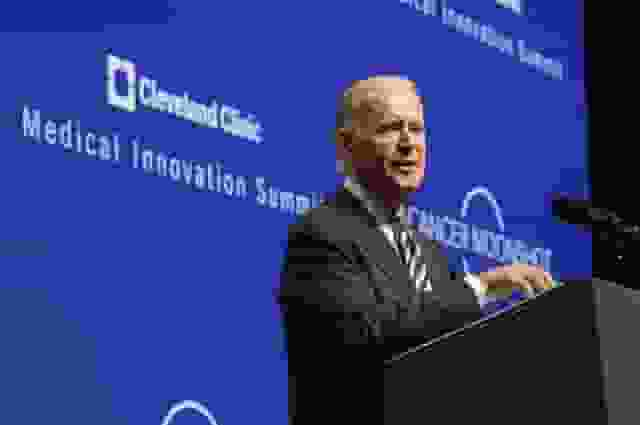
US President Joe Biden’s carefully crafted strategy of supporting influential labor unions while avoiding crippling strikes faces a significant challenge in Detroit.
This summer, Biden has been vocal about his pro-labor stance, while his administration has been working behind the scenes to facilitate deals with employers, aiming to prevent costly work stoppages.
Biden’s 2024 Reelection Strategy
However, the ongoing labor unrest underscores the difficulties of balancing the interests of energized workers with the need to control rising inflation. One prominent point of contention is the discord between President Biden and the United Auto Workers (UAW) union, which is the only major union yet to endorse his 2024 presidential run.
Biden’s Labor Day prediction that the UAW would not strike against Detroit’s automakers before the September 14 contract deadline was met with skepticism by UAW President Shawn Fain. Fain’s response reflected uncertainty about the negotiations and the President’s inside knowledge, or lack thereof.
Despite these challenges, the White House remains optimistic about resolving negotiations with the UAW. Labor unions, including the UAW, are crucial to Biden’s reelection strategy for 2024, as he relies on their support in key states like Pennsylvania and Michigan.
Read more: Texas Told To Relocate Rio Grande Barriers Following US Judge’s Ruling Favoring Biden
White House’s Evolving Role in Labor Negotiations

A UAW strike against Detroit’s Big Three manufacturers could have dire consequences, potentially costing billions and contributing to higher car prices, which are a significant factor in inflation. While Biden is seen as one of the most pro-labor presidents in recent history, he faces a delicate balancing act when it comes to strikes. His administration has supported new unions and advocated for collective bargaining and union wage increases.
Still, the reluctance of the UAW to endorse his candidacy in 2024, particularly due to concerns about his electric vehicle policies, is a cause for concern given Michigan’s pivotal role in the upcoming election.
Labor tensions in Detroit are not isolated, as workers across various industries are striking or
threatening to strike to regain concessions made during the pandemic. Biden’s 2024 reelection bid hinges on economic health, emphasizing job growth, higher wages, and dispelling recession fears, all while seeking corporate donations and endorsements for his economic policies.
Biden’s commitment to accelerating Detroit’s transition to electric vehicles aligns with his climate policy, with substantial federal subsidies offered to promote domestic EV and battery production. However, this contrasts with the primary production of combustion trucks and SUVs by UAW members in Midwestern states.
The White House’s role in labor negotiations is evolving, with a more cautious approach compared to direct intervention in previous high-profile disputes. While the administration aims to facilitate agreements between unions and employers, it seeks to strike a balance that avoids undermining workers’ negotiating positions.
In this season of strikes and labor unrest, President Biden faces the complex challenge of preserving labor harmony, addressing inflation concerns, and securing crucial support from labor unions as he charts his path to reelection.

